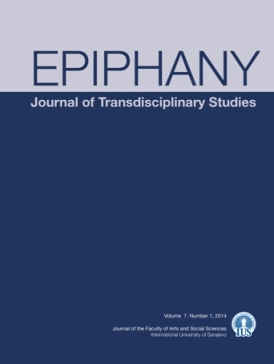Psycho-Social Conception of National Identity and Collective Self-Esteem
Psycho-Social Conception of National Identity and Collective Self-Esteem
Author(s): Bisera MavrićSubject(s): Psychology
Published by: International University of Sarajevo
Keywords: Psycho-Social; National Identity; Ethnicity; Collective Self-Esteem
Summary/Abstract: This paper deals with the phenomenon of national identity as well as with its connection to personal and collective self-esteem. National identity and associated phenomena have so far mainly been investigated as part of sociology, anthropology and political science, since psychology was less engaged in the issue. The national identity out of all kinds of social identity had the greatest influence on historical events. The consequences for the human race, through history, have been both positive and negative. Understanding the importance of this phenomenon has not only theoretical but also practical value for encouraging international tolerance. In recent years, national identity is a topic of interest for many researchers, mainly because of political events and frequent conflicts that are associated with ethnicity. This concept is especially important for Bosnian citizens who are still struggling with consequences from the recent conflicts in this multiethnic country. Most previous scientific papers explain their results within one of three theoretical frameworks: the social identity theory, theories of acculturation and cultural conflict, and the development of the theory of identity formation. Due to geopolitical changes in Europe, the growing interest of psychology to national identity is present, and thus the number of diverse research in this area. In many of them, there is a question about whether reinforces strong identification with the national group as a positive self-image and self-esteem contributes to it.
Journal: Epiphany. Journal of Transdisciplinary Studies
- Issue Year: 7/2014
- Issue No: 1
- Page Range: 183-198
- Page Count: 15
- Language: English

